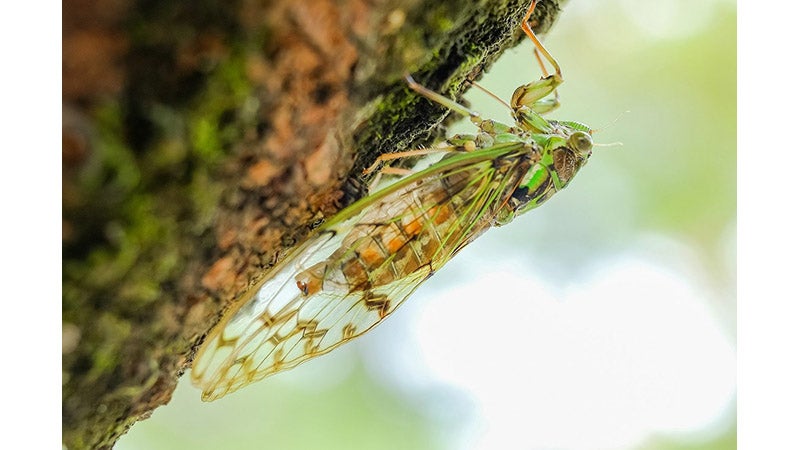The cicadas are coming
Published 6:00 am Thursday, April 1, 2021

- After spending 17 years underground, the Brood X periodical cicadas will emerge this spring.
|
Getting your Trinity Audio player ready...
|
With warm temperatures and thawing ground, ready or not, the Brood X cicadas are coming.
After spending 17 years underground, the Brood X periodical cicadas will emerge this spring and swarm parts of Virginia and the mid-Atlantic region.
There will be no mistake when the Brood X cicadas arrive as they climb to the treetops and begin to make a loud sound.
“Those teenagers have been underground for 17 years, and, hey, in May, they’re coming up,” Michael Raupp, professor of entomology at the University of Maryland, said. “It’s going to be a big boy band up in the treetops as the males try to attract their mates.”
Cicadas are not harmful to humans but can cause damage to a variety of plants, trees and shrubs as they feed off of trees.
According to the Virginia Cooperative Extension office in Virginia, the 17-year cicada may damage many ornamental and hardwood trees. Oaks are commonly attacked, but the most seriously damaged are newly planted fruit and ornamental trees such as apple, dogwood, peach, hickory, cherry, and pear. Pines and other conifers are not commonly attacked.
Virginia Cooperative Extension Agriculture Agent Kirsten Ann Conrad says it’s important to plan accordingly to protect trees and gardens from the six-week life span of the annoying arthropods.
During mating, male cicadas will fill the air with their mating songs. Afterwards, females will cut slits in tree branches to lay clutches of about 25 eggs, producing up to 400 to 600 in total.
“Young, newly planted trees can be vulnerable to severe damage from periodical cicadas and should not be planted this year until the fall,” Conrad said. “Egg laying activity can result in the death of tree branches that are a quarter to a half inch in diameter. Insecticides are not particularly effective and not recommended as many birds and animals feed on the cicada larva and adults.”
When it comes to the noise that the male cicadas sing, according to the Centers for Disease Control and Prevention (CDC), sounds up to 90 decibels could be measured standing directly under a tree filled with cicadas.
A motorcycle, by comparison, can put out sounds up to 95 decibels, which can damage hearing after about 50 minutes of continuous exposure.





